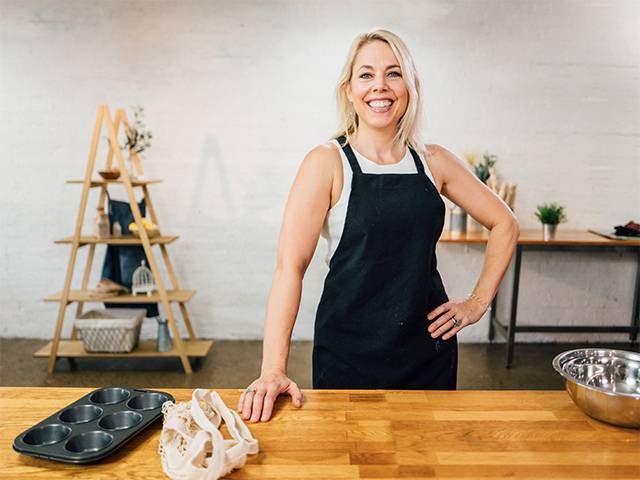In the realm of culinary arts, there exists a fascinating world beyond the conventional recipes we follow in our kitchens. Beyond the artistry of mixing ingredients and creating delightful dishes lies the intriguing science of cooking. In this article, we embark on a culinary journey to explore the hidden scientific principles that transform raw ingredients into gastronomic delights.
The Chemistry of Flavors
Have you ever wondered why a dash of lemon enhances the taste of certain dishes or why baking soda makes cookies rise? The answers lie in the chemistry of flavors. Acids, bases, and compounds interact in a delicate dance, creating a symphony of tastes and aromas. Understanding this chemistry empowers home cooks to elevate their dishes from mundane to extraordinary.
The Physics of Heat Transfer
Cooking is essentially an application of heat to food, but the way heat moves through different ingredients is a science in itself. From searing a steak to baking a soufflé, mastering the physics of heat transfer is crucial. We delve into the principles of conduction, convection, and radiation to unravel the mysteries of achieving the perfect texture and doneness.
The Biology of Fermentation
Fermentation is a magical process that transforms humble ingredients like flour and water into tangy sourdough or grapes into fine wine. Unraveling the biology behind fermentation introduces us to the world of microbes, enzymes, and the intricate dance of microscopic organisms that create some of the most beloved culinary delights.
The Art of Emulsification
Ever wondered how mayonnaise achieves its creamy texture or why vinaigrettes stay mixed? Welcome to the world of emulsification. We explore the delicate balance of fats and liquids, understanding how to create stable emulsions that form the basis of many sauces and dressings.

Precision in Measurement: The Mathematics of Baking
Baking, often referred to as a science, demands precision in measurement. We uncover the mathematical principles that govern the balance of ingredients, ensuring that cakes rise, cookies hold their shape, and bread achieves the perfect crumb.
Beyond Taste: The Psychology of Presentation
The science of cooking extends beyond the plate to the mind. We explore the psychology of presentation, understanding how color, arrangement, and even the choice of servingware can influence the perception of flavor and satisfaction. For further help, tips, and advice about unveiling the scientific wonders of cooking, continued here to learn more.
In conclusion, cooking is not just an art but a harmonious blend of scientific principles that transform raw ingredients into culinary masterpieces. By delving into the chemistry, physics, biology, and mathematics of cooking, we gain a deeper appreciation for the magic that happens in our kitchens every day.


